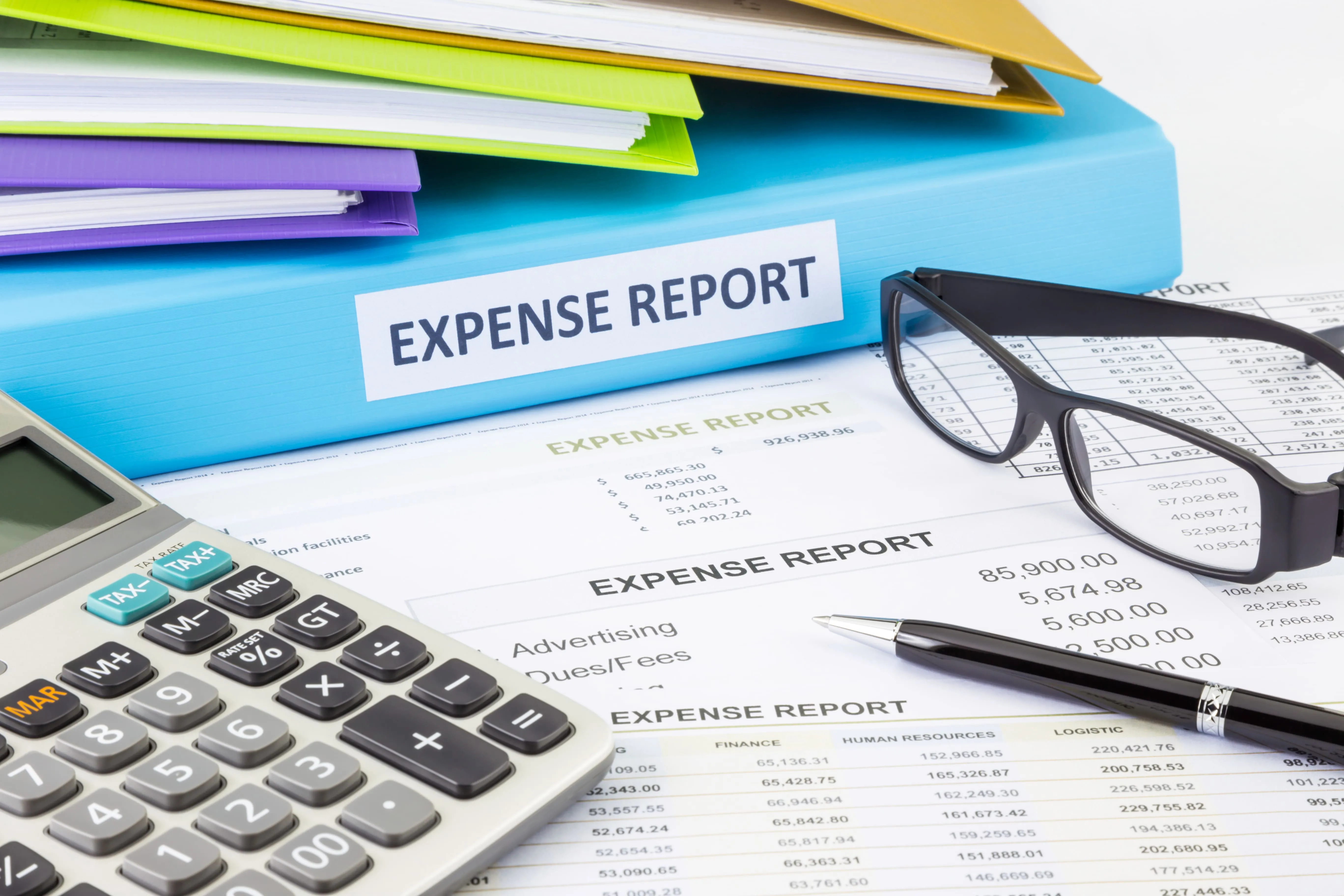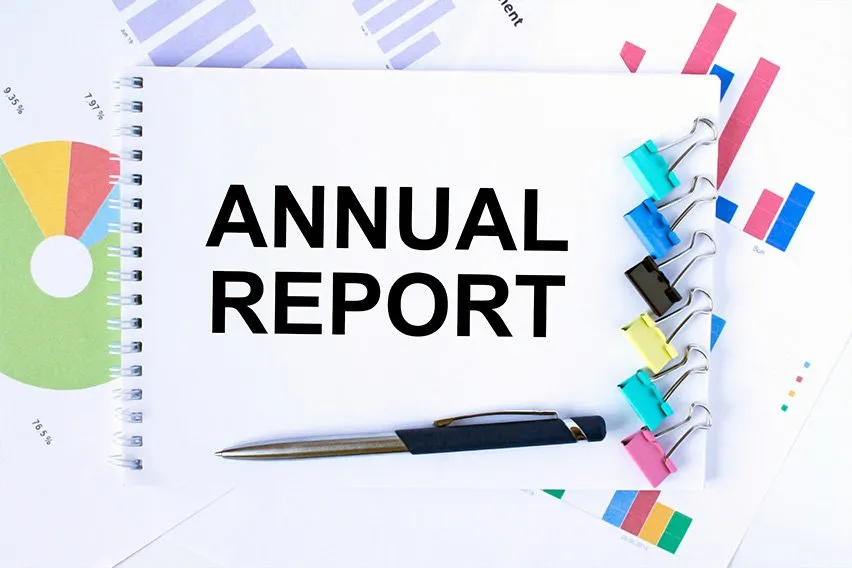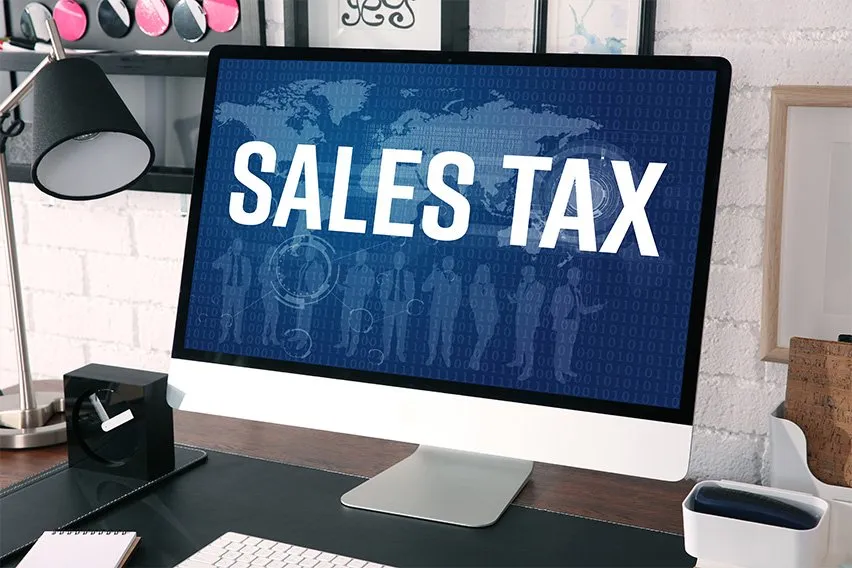How to Handle Small Business Finances?

It takes more than a good idea to run a business. The way you manage your money is essential to the success of your small business. Financial management is a crucial skill to have to help your company survive industry competition and the volatile economy. In the beginning of your operations as a small business owner, you need exercise caution with your financial decision-making.
Here are a few tips on managing small business finances.
Educate Yourself
The first thing you should do as a business owner is to educate yourself on various aspect of finance. Learn how to read financial statements so you can understand reports pulled up about your financial situation. This will make easier for you to know where all your revenue is going and coming from and where and how it changed.

There are four main financial details that you are looking for in your statements – cash flow statement, income statement, balance sheet and statement of shareholder equity. The cash flow statement summarizes the amount of cash and cash equivalents entering and leaving a company by analyzing the operating activities of a business. The balance sheet shows information related to the company’s assets, liabilities and shareholder equity. The income statement looks at the revenue earned within a specific period of time and shareholder equity represents the amount by which a company is financed through shares.
Separate Your Business and Personal Finances
It is important to always keep your business and personal finances separate. This will involve you getting a business credit card and charging all business-related expenses to it. This should help you keep track of your business expenses and keep you more in control of your finances.
You should also consider opening a savings account dedicated to your business, wherein you can transfer a certain amount of money for each payment that you receive. This money will pay your taxes during tax season.
Reduce Costs
Small business should be cautious with their expenses without hampering their customer experience.
Every business has two types of costs – fixed and variable. Fixed costs are things that you don’t have the option of scaling back on, so you will have to manage your variable expenses if you are looking to cut costs.
For example, instead of traveling long distances for meetings, you could hold your meetings with over a video conference or phone call instead. Another way to save on variable cost is to barter your services with other professionals and cut costs.
Get Cloud-Based Accounting Software
Save money you would spend using an accountant with the cheaper and more convenient option of cloud-based accounting software.
Access your data from anywhere at any time to get real-time insight, update information and track trends with web-based software. So, whether you’re at the office or working remotely, you can conveniently work with your financial data anywhere you like. It’s an error-free, hassle-free and dependable way for business owners to be more hands with their own finances.
Monitor and Measure Performance
It is important that small business owners keep a tab on the movement of their money, especially large amounts. Keep comparing current financial statements to past ones so you can analyze your financial performance and can project your future revenue, expenses and cash flow. This will help you make more informed financial decisions about your business.
Also Read: Financial Software Examples
This article will also include information about:
How Do Small Businesses Keep Track of Finances?
How Much Does an Accountant Cost for a Small Business?

How Do Small Businesses Keep Track of Finances?
As a small business owner, it can be easy to entangle your personal finances with your business finances. When you’re tracking your small business finances you should have a separate bank account and credit card for your business and personal expenses.
Another method to help you control your small business finances is the adoption of a cloud-based accounting software. This software lets you manage your finances easily without an accountant. You can access your financial data anywhere at any time.
Small business owners need to be proactive about their finances to keep their business on a successful path. Thus, it is essential for every business owner to learn to create and read financial statements. You can refer to our guide on how to make a financial statement for small businesses for a detailed explanation.
How Much Does an Accountant Cost for a Small Business?
If your small business’ accounting is too much for you to handle, you might want to consider using a professional accountant to assist you with company finances. So, how much would cost small business owners to use an accountant? Accountants usually charge anywhere from $150 to $400 or more an hour, depending on the type of work, size of the firm and its location. You’ll pay less for routine work done by a less-experienced associate or lesser trained accountant – such as $30 to $40 an hour for bookkeeping services.
RELATED ARTICLES

 What Does a Profit and Loss Summary Tell You?
What Does a Profit and Loss Summary Tell You? How to Read a Financial Report: An Extensive Guide
How to Read a Financial Report: An Extensive Guide How to Create an Expense Report: 6 Easy Steps
How to Create an Expense Report: 6 Easy Steps How to Prepare Annual Report for Your Small Business
How to Prepare Annual Report for Your Small Business How to Report Sales Tax: Tax Reporting for Small Businesses
How to Report Sales Tax: Tax Reporting for Small Businesses How to Measure Business Performance in 3 Steps
How to Measure Business Performance in 3 Steps